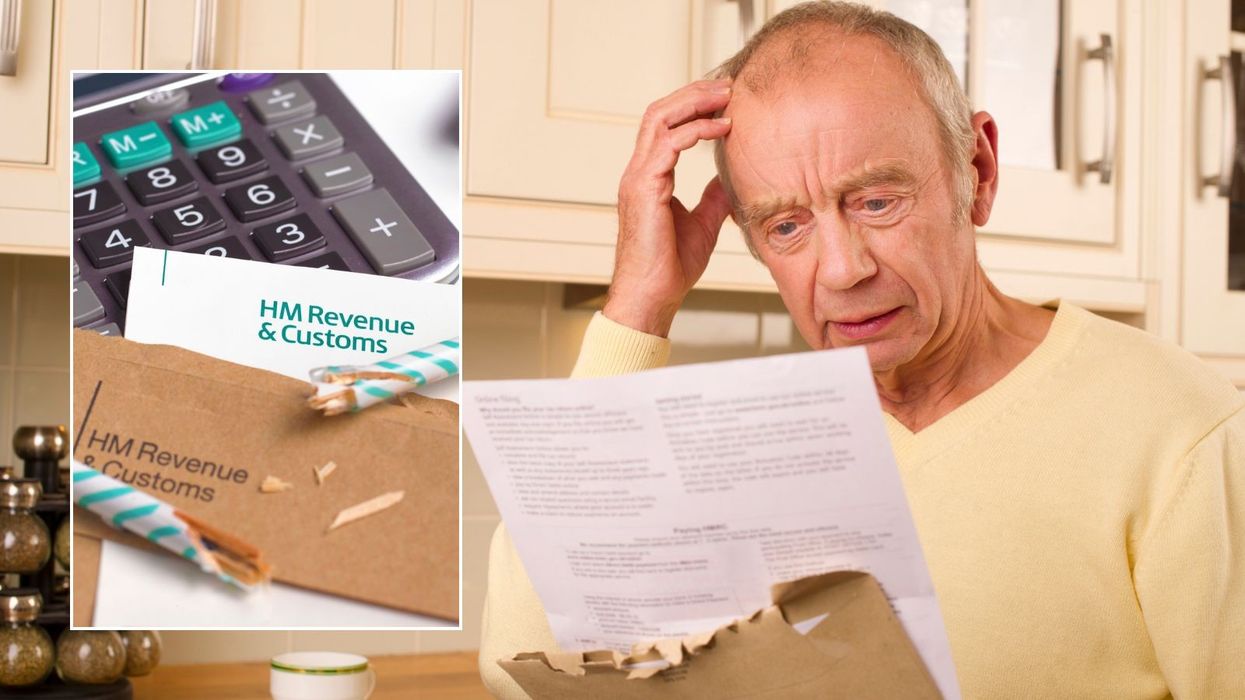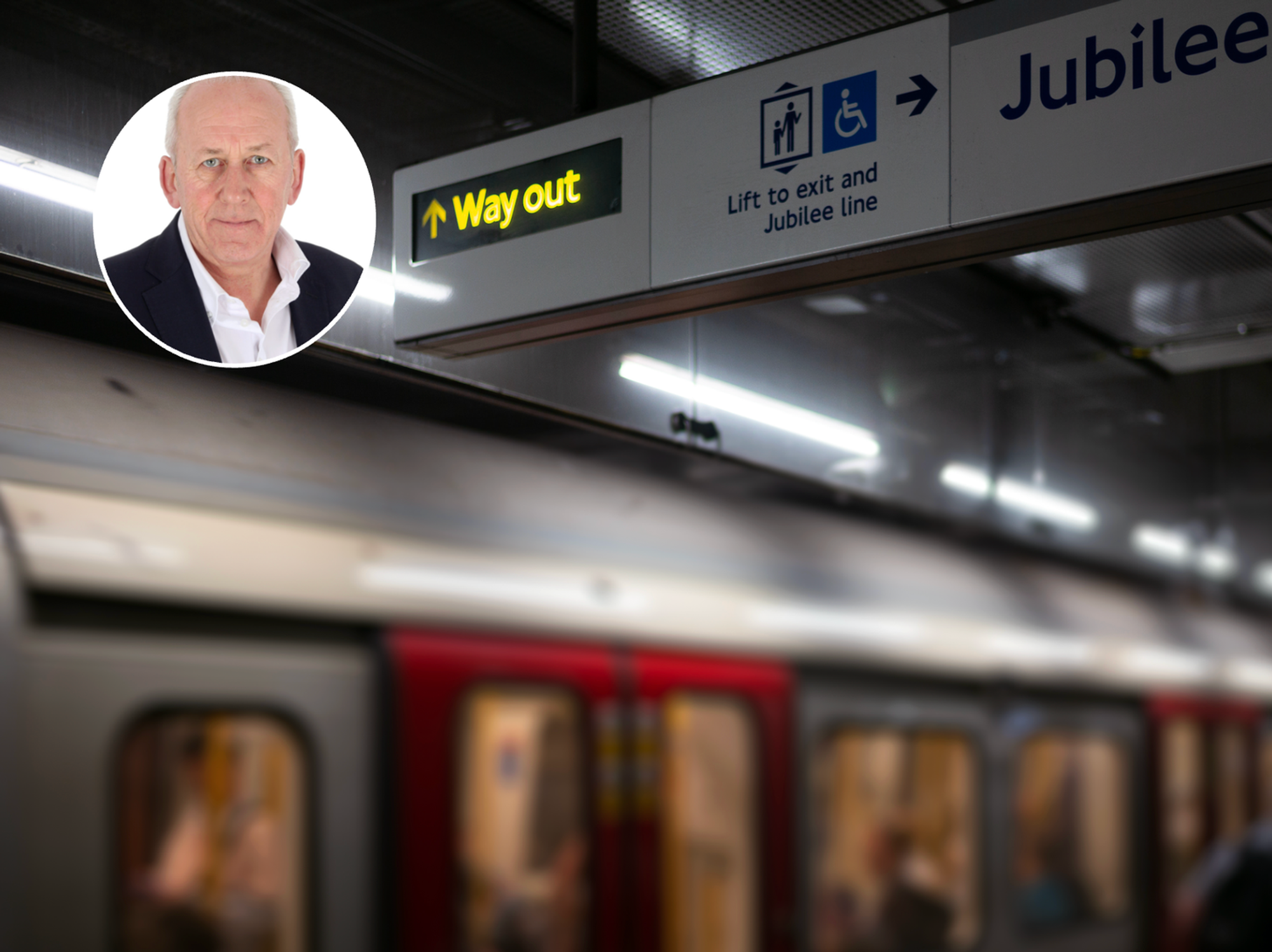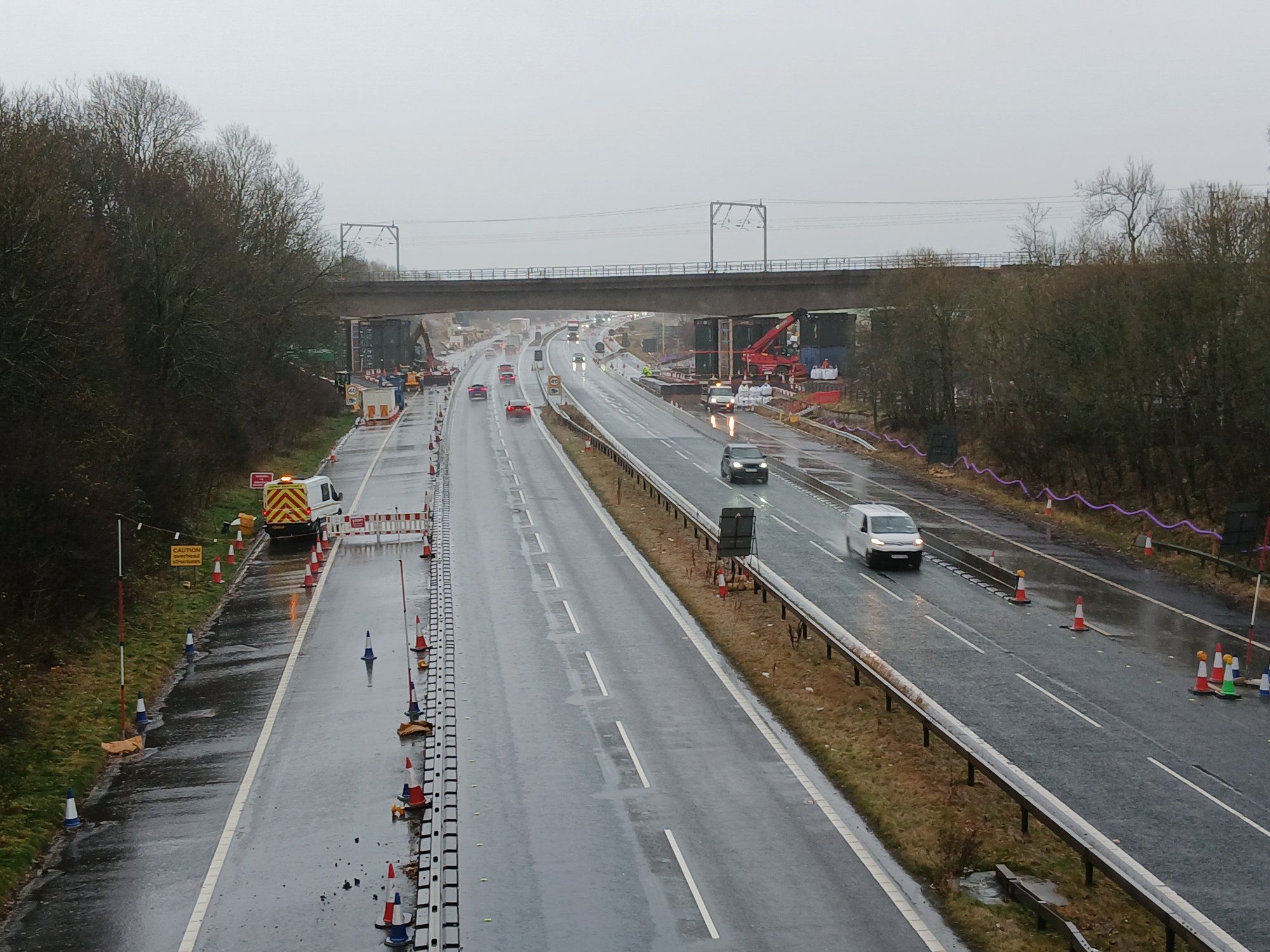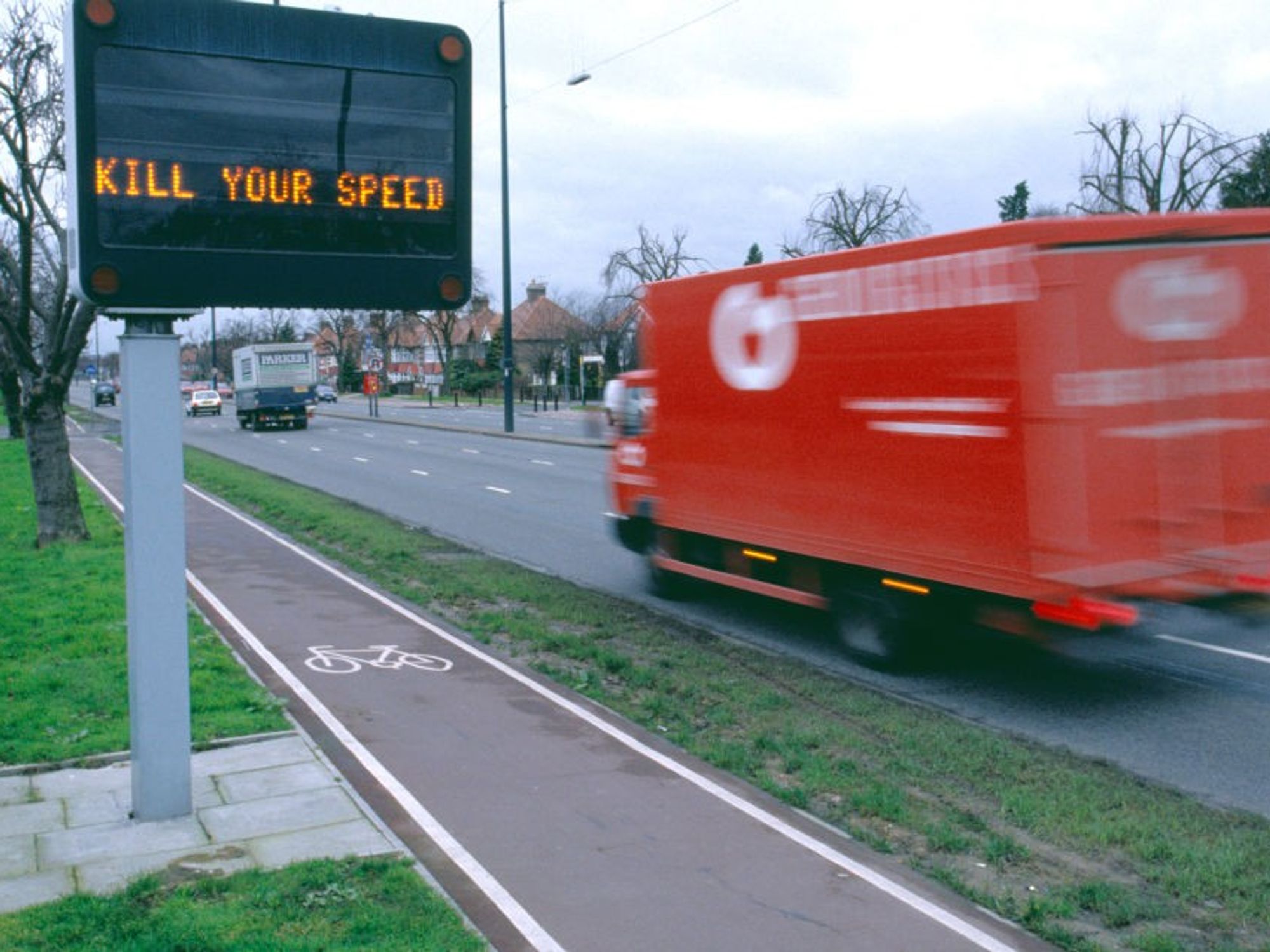Pension disaster as more over 65s paying income tax than younger Britons despite promise to 'cut taxes'

A higher share of over 65s are paying income tax than younger Britons
|GETTY

Fiscal drag is resulting in a higher share of pensioners paying more income tax than younger Britons
Don't Miss
Most Read
A greater share of over 65s in the UK are paying income tax than younger workers in a blow to retirement incomes, according to new research from a prominent think tank.
The Institute of Fiscal Studies (IFS) found that 65 per cent of older people pay tax on their pensions, an increase from 48 per cent in 2010, amid a reported "stealth tax raid" on pensioners by the Government.
Recent figures highlight the share of working-age people paying income tax is sitting at 63 per cent as the UK sees 800,000 of its potential workforce jobless since the Covid-19 pandemic due to sickness.
At the same time, pensioners across the country have seen their tax-free allowance on retirement savings slashed in real-terms thanks to the impact of fiscal drag.
Since April 2022, the income tax threshold has been frozen at £12,570 while the state pension triple lock has remained in place.
The triple lock determines the annual payment hike to state pensions with benefits going up by either the rate of inflation, average earnings or 2.5 per cent; whichever is higher.
Do you have a money story you’d like to share? Get in touch by emailing money@gbnews.uk.
 Fiscal drag is dragging Britons into higher tax brackets | GETTY
Fiscal drag is dragging Britons into higher tax brackets | GETTY Since 2010, the state pension in the UK has been raised by around £3,700 with the full, new amount sitting at £11,502.40 a year.
As such, retirees only need to earn £1,067 on top of their state pension to cross this threshold and pay tax on their retirement income.
This is referred to as fiscal drag, when incomes are raised at a time when tax allowances remain the same. This results in taxpayers being dragged into higher tax brackets.
Ahead of July 4's General Election, the Conservative Party have promised to introduce the "triple lock plus" which would see tax-free allowances on pensions rise annually.
If introduced, this would mean that the pension allowance would be raised in line with the triple lock and Britons would not pay any tax on their state pension alone.
Earlier this month, Prime Minister Rishi Sunak said the proposal shows the Tories are "on the side of pensioner" with a potential saving of £275 by 2030 expected to be made.
The Prime Minister reiterated this commitment to lowering the burden on peoples' finances and said the Conservatives would "cut taxes for earners, parents and pensioners".
However, it appears that older Britons have already found themselves pulled into higher tax brackets before the introduction of the "triple lock plus".
Experts have cited the impact of former Chancellor George Osborne's "granny tax" on the retirement income of millions with the senior Tory scrapping a 100-year-old relief which allowed pensioners to pay tax at a higher income than everyday workers.
Thanks to this decision, a pensioner getting £25,000 a year now pays around £400 more in income tax than they did in 2010.
LATEST DEVELOPMENTS:
 Pensioners face being taxed on the state pension as it increases by the triple lock but the personal allowance remains frozen | GETTY
Pensioners face being taxed on the state pension as it increases by the triple lock but the personal allowance remains frozen | GETTYHelen Miller, the IFS's deputy director and an author of the think tank's latest report, said: "Governments since 2010 have made choices about how much tax revenue to raise, and from whom to raise it.
"One remarkable result is that significantly higher income tax revenue has been achieved while working-age individuals on low and middle incomes have actually seen their income taxes cut.
"A long-running trend towards raising more income tax from those with the highest incomes has been continued. Unfortunately, Governments have chosen not to fix any of the big structural problems with how taxes are designed.
"Missing the opportunity to reform taxes substantively means missing opportunities to boost growth and remove inequities that arise when similar people are taxed differently. Whether the next Government chooses to raise or cut taxes overall, we should all hope that it will choose to leave us with better taxes."










